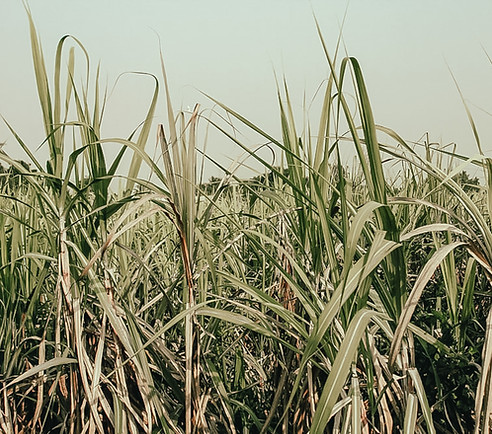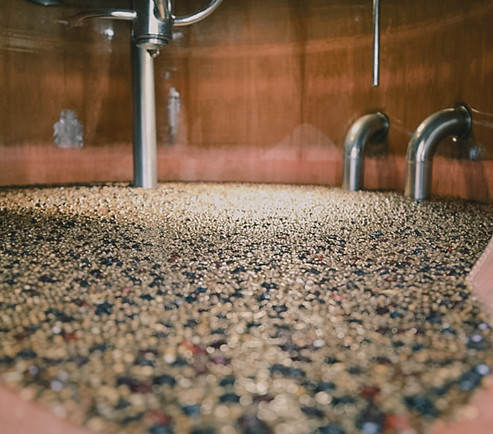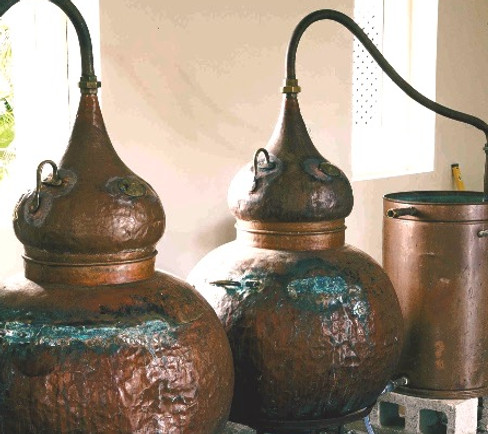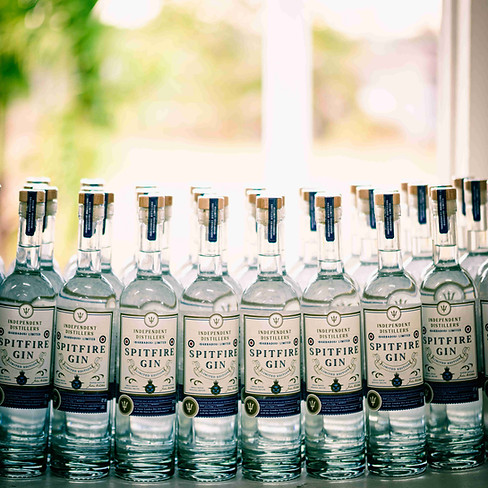
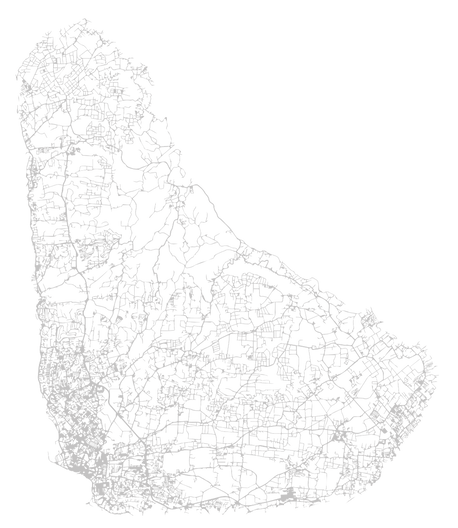
ABOUT
KENDALL HILL SIGNAL STATION
Nestled in seventy acres of sugar cane, the Kendall Hill Signal Station is home to Barbadian Spirits and all of its iconoclastic creations. Made with Barbadian sugar cane, our silky smooth creamy vodka is always a delight.
We kicked off with vodka from sugar cane and our delicious Barbadian Gin; fusing the ideal combination of island botanicals with a quintessential gin DNA.
Next up we begin work on our pot distilled rums, matured and bottled on the island. Follow us on our adventures by signing up to our newsletter.


Made with Barbadian sugar cane, our silky smooth creamy vodka is always a delight!
- DR JOHN WALTERS -
the PERFECT PARTNERSHIP
PETER ODLE AND DR JOHN WALTERS
Our founders are a perfect team of life long islander with roots oh so deep in hospitality and a world-class master distiller. Come visit us and we'll share our passions for fine sips in the sun and guide you through the whole voyage!


PETER ODLE
Peter Odle is a successful and respected tourism veteran with over thirty years of industry experience. He is recognised in the Caribbean industry for his role in the development and sustainability of indigenous hotels throughout the region.
His other business interests include catering, restaurants, sports bars, real estate and property holdings. Aside from his overwhelming success as a dedicated hotelier, he has consistently ensured that governments, organizations and hospitality-related agencies are fully aware of the importance of tourism and its impact on employment and the economic well-being of individual countries and the Caribbean region as a whole.

DR JOHN WALTERS
A former biochemist, Dr John decided to turn his talents to making spirits after deciding that other commercially available options simply were not up to scratch. He is the founder of Treguddick and English Spirit, and oversees the creation of all our products, both new and existing.
Dr John is one of the UK’s most experienced distillers. Turning an average of ten stills per day, and distilling the UK’s widest variety of spirits from scratch. His creations have won the most prestigious awards from the leading international spirit competitions, and he has consistently led innovation in the spirits market.

OUR PROCESS
AT BARBADIAN SPIRIT DISTILLERY

Learn all about how we distil our vodka & gin, in a journey from Barbadian sugarcane fields to your glass.
finest ingredients

LOCALLY SOURCED BOTANICALS
The best quality outcome starts with sourcing the finest ingredients, which is why our base spirit for vodka and gin is made from Barbadian sugar cane, along with delights of this island's rich botanicals, making sure we showcase the very best natural flavours from across the land.
We distil different ingredients to capture they essence and transform them through the medium of alcohol.

FERMENTING
BARBADIAN SUGAR CANE
To make an alcoholic liquid, you need to start with fermenting sugar. This can come from many sources such as sugar cane or sugar beet, but also fruits like apples and grapes. We can also make sugars from the starch in carbohydrates like potatoes or barley, then add yeast to these sugars to ferment them and create alcohol.
We ferment sugar from our seventy acres of sugar cane fields at Kendall Hill Signal Station.
DISTILLING
IN A NUTSHELL
Distillation is basically a purification technique; a means of collecting one thing, and discarding the bits you don't.
The major issue is that when you ferment a sugar to make alcohol, you do not just end up with alcohol, but also a vast array of other organic chemicals too. Some of these compounds will be things we want, as they have a flavour or aroma we like, others are best avoided.


HEADS, HEARTS & TAILS
GETTING THE PERFECT CUT
The distillation process can be broken down into three sections: heads, hearts and tails. The first section, the heads, add fiery chemical notes to a distillate and can be discarded. Next up is the heart of the spirit: it's this part we go to great lengths to capture and refine. Finally, we get the tails at the end, which can add a range of undesirable flavours, including oiliness and bitterness, so are thrown away.
The critical part of distilling is the cut - deciding when to start taking the heart and when to stop collecting it.

